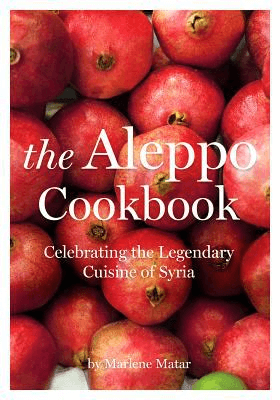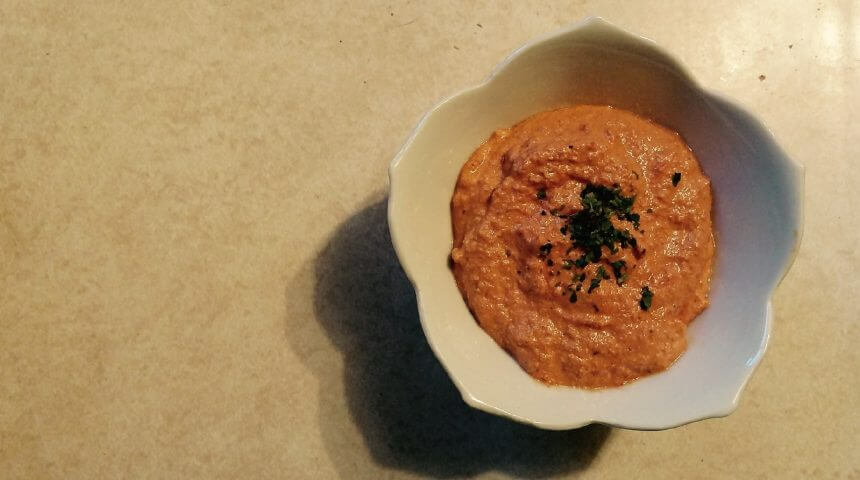“Spine to Spoon” is a series that digs into our Library’s rich stock of cookbooks and culinary collections. Each month, I’ll pick a book, try it out and write about it. I can’t share my dishes with you, but I’d love to share our books! Follow the “Spine to Spoon” tag to keep up with my kitchen.

One of the millions of reasons I work in a library is that it allows me to be surrounded by books. My house, of course, is also floor-to-ceiling with them, as is my car. I have always collected books, but my habit would be exponentially more disastrous were I not able to quench my thirst at my workplace. Cookbooks, especially, are a difficult delicacy for collectors. Many of them are quite thick, some risk becoming outdated (I’m thinking about my beloved 1956 edition of Betty Crocker’s Cookbook, which is 75% gelatin-based “salads”), and others are simply not my cup of tea, so to speak. The ability to check out cookbooks at the library gives us all the chance to try out exquisite recipes beyond our comfort zone, to enjoy the gorgeous photography that often accompanies them and to return everything but the experience when we’re done.
The beginning of summer always brings with it an itch to travel, so I wanted to go global with this month’s pick. Marlene Matar’s The Aleppo Cookbook: Celebrating the Legendary Cuisine of Syria, is a delicious dedication to a city and its food. If I could, I would eat only olives, beans and bread for the rest of my life, and I just might be able to with this book in hand. Matar presents us with a plethora of dishes, from a simple lentil stew to more complex creations like stuffed lamb dumplings. Still, each recipe is easy to follow and most include adaptations for the more adventurous cook. Plus, dividing the book into sections like “Meat as the Centerpiece” and “Stuffed Dishes” keeps the overwhelming volume of recipes manageable, practical and approachable. This cookbook is meant to be used, not simply looked at, and Matar makes that clear with her sporadic suggestions and helpful hints.
One of my desert-island, all-time, favorite dips is a red pepper and walnut paste, and it’s something I have always left to the experts. (If you’re interested, Brookline’s Pitaland Mediterranean Bakery is a great place to pick some up.) Matar’s recipe asks for pomegranate molasses, which you can find at specialty shops or make by hand, and it really brings these flavors to life. This stuff is so good that only half of it made it to the fridge. The color alone is irresistible, featuring the bright pop of red pepper paste and paprika. It is creamy and complicated, and I’m sure this won’t be the last time I whip this up.

Kibbeh, a traditional dish made with ground meat, is presented here as platform for culinary creativity. Matar provides a basic recipe and offers almost 30 different savory and sweet variations, so you have a lot of room to play around. I also made her basic lamb kebab, which calls for a mix of spices that results in a wonderful burst of Mediterranean flavor. For lovers of lamb and lentils, this will likely be your cookbook of the year. But this is far from a completely carnivorous collection! There are vegetarian adaptations for many recipes, plenty of veggie-centric entrees and even a meatless version of kibbeh.
With over 200 recipes included, this book is a treasure trove of hard-to-resist Syrian dishes. I would encourage anyone with a passion for cooking and looking at food to spend some time with Marlene Matar and The Aleppo Cookbook.
(And if you’re drooling at your keyboard, Madonna’s Mediterranean Cuisine is a Syrian-owned staple that serves up mujadarra, falafel, shawarma and other favorites that’ll keep you going until you can check out this book.)
Sample some Syrian cuisine today:
Check out The Aleppo CookbookTess Wilson works in Civic Information Services at Main, and occasionally assists Teen Mentors during programming at the Labs. She is a collector of anything from big dictionaries to small rocks, and her latest acquisition was an MFA in Creative Writing of Poetry from Chatham University.
